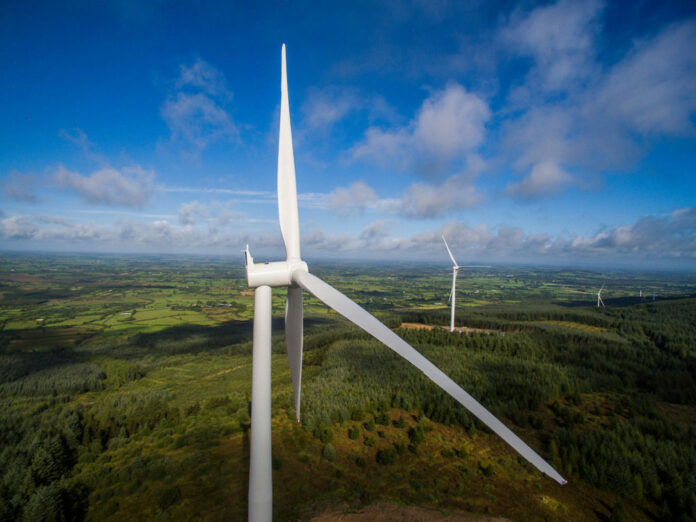A PROPOSED windfarm earmarked for the slopes of Slieve Bearnagh in East Clare has prompted the setting up of the Carrownagowan Concern Group.
The organisation, headed up by Deputy Michael McNamara, is among those to make submissions on the proposed Carrownagowan windfarm, currently being considered by An Bord Pleanála as strategic infrastructure. In its objection to the development, the group contends that “reasonable scientific doubt as to the absence of adverse effects on the integrity of the site must be removed before the project is authorised”.
The submission concludes that, in applying for the 19 turbines, developers Coillte have not fully assessed the risk of landslides; the impact on designated sites including Lough Derg Special Protection Area (SPA) and the Slieve Bernagh Bog Special Area of Conservation (SAC); or the impact on birds and wildlife.
The document describes the Carrownagowan Concern Group as being “comprised of persons who reside near the proposed development and have expressed concern that the information contained in the application fails to adequately address the possibility of adverse effects to the environment and the amenity of the site and adjacent areas”.
It contends that the application lodged is for “a materially different development” to that determined to be Strategic Infrastructural Development in the preplanning consultation carried out between Coillte and the appeals board.
It notes that the original consultation related to a wind farm of between 20 and 25 turbines with an approximate yield of 90 megawatts. “This application is for 19 wind turbines, one meteorological mast, 110kV substation and all associated site development works and the application itself does not specify an approximate yield,” the submission outlined.
Citing previous judgements of the superior courts the European Court of Justice (ECJ), the submission argues that the developer must do more to remove “reasonable scientific doubt,” that the project won’t impact negatively on the sensitive location.
In relation to the risk of landslides, the document calls for greater clarification, saying that assessment reoprts submitted by Coillte don’t take full account of the impact of heavy rainfall saturation or the storage of peat deposits. “It is submitted that the developer has failed to satisfy the requirement of the “precautionary principle” in merely calculating the risk based on current rainfall instead of taking account of projected increase in heavy rainfall events during autumn, winter and over the full year,” the submission contends.
“Personally, I have no problem with wind energy,” Deputy McNamara told The Champion. “In this case, there are issues of concern in terms of procedure because local people aren’t getting the two-step process they would get if the application was being made to the county council. There is also the added concern over the impact on a number of sensitive areas of conservation. We had the Derrybrien landside in the early 2000s, which was a disaster for the area and for the State in terms of the ECJ ruling against Ireland. Coillte must do more to dispel concerns about possible landslides because the impact would be a disaster for small villages like Bodyke. We must be absolutely sure about the risk.”
Deputy McNamara added that the Carrowgowan Concern group would be meeting in the future, within the pandemic restrictions.

